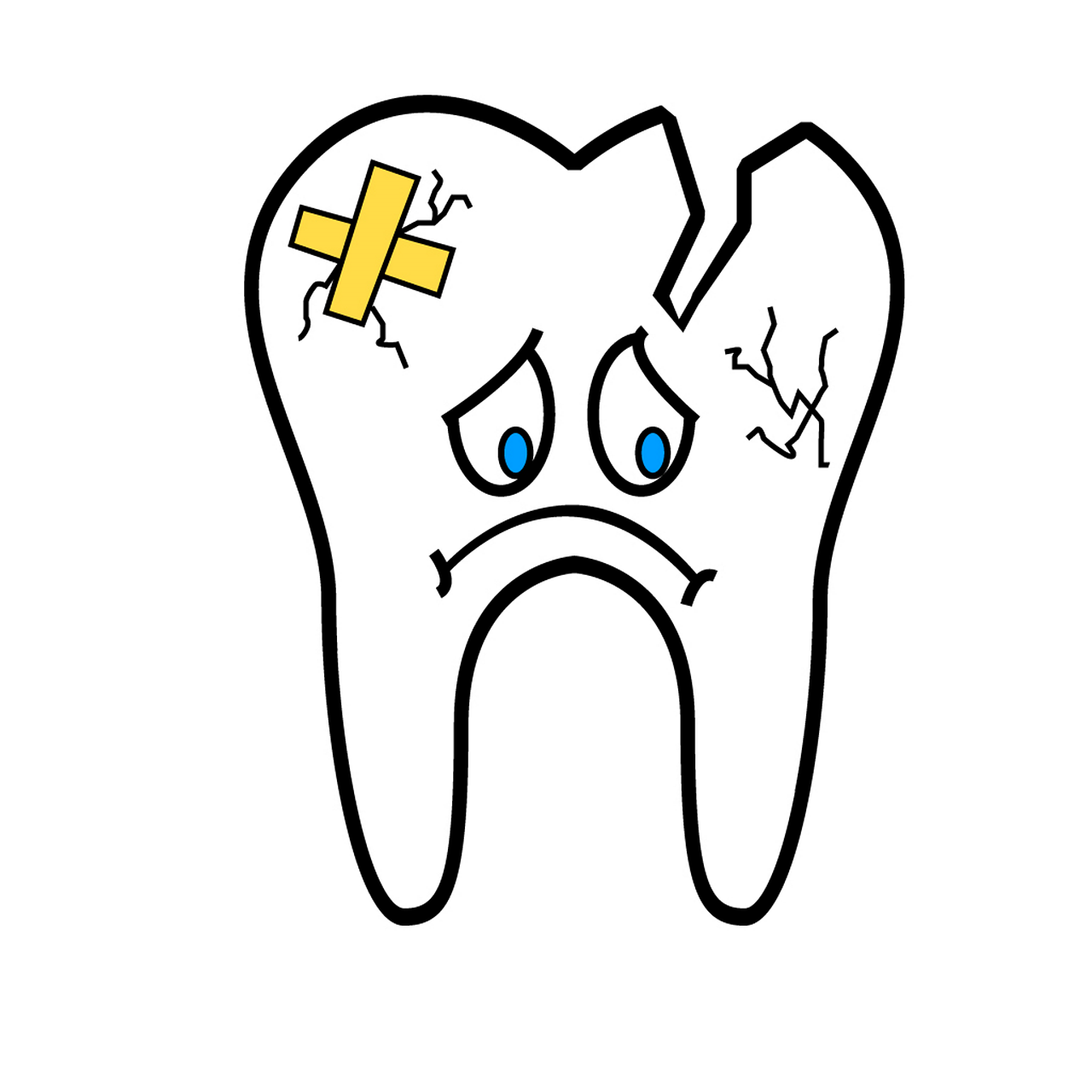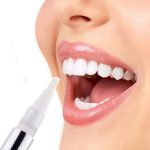
Researchers from the University of Otago in Dunedin, New Zealand discovered by way of various sleep studies, that throughout a person’s stages of sleep, the ‘mouth breathers’ have a lower acidity level. In fact, results showed that mouth breathers fall well below the threshold of when a tooth’s enamel may begin to break down and bacteria can readily take hold and cause problems.
What does this mean? Breathing through your mouth can dry your saliva (which ironically is an important defense mechanism for preventing the mouth from becoming too acidic), studies show that dry-mouth individuals run a higher risk of erosion, than individuals with normal salivary secretion rates. Lower acidity leads to loss of tooth enamel through erosion (the direct effect of acid without the influence of bacteria) and tooth decay or caries (the effect of bacteria breaking down foods to produce acid).
Can you fix this? One main cause of mouth breathing could be a nasal obstruction. While most humans bring air into their body through our nose, the nose is designed to act as a natural humidifier and filtering system for the air that we breathe. When we can’t get enough air through our nose, the mouth takes over. Using your mouth to breathe can affect your health negatively, and a common side effect… is excessive dry mouth. Adjusting how you breathe takes practice, but it’s possible. Here are 8 effective tips that may help curb mouth breathing.
Also note: Medical News Today learned how a group of oral health experts are urging consumers to be aware of the potential for sugar-free beverages and confectionery, to be as damaging to teeth as those containing sugar.
[Referenced from article written by Catharine Paddock, PhD (February 2016) and Lien Nguyen’s article on vkool.com (July 2015)]



